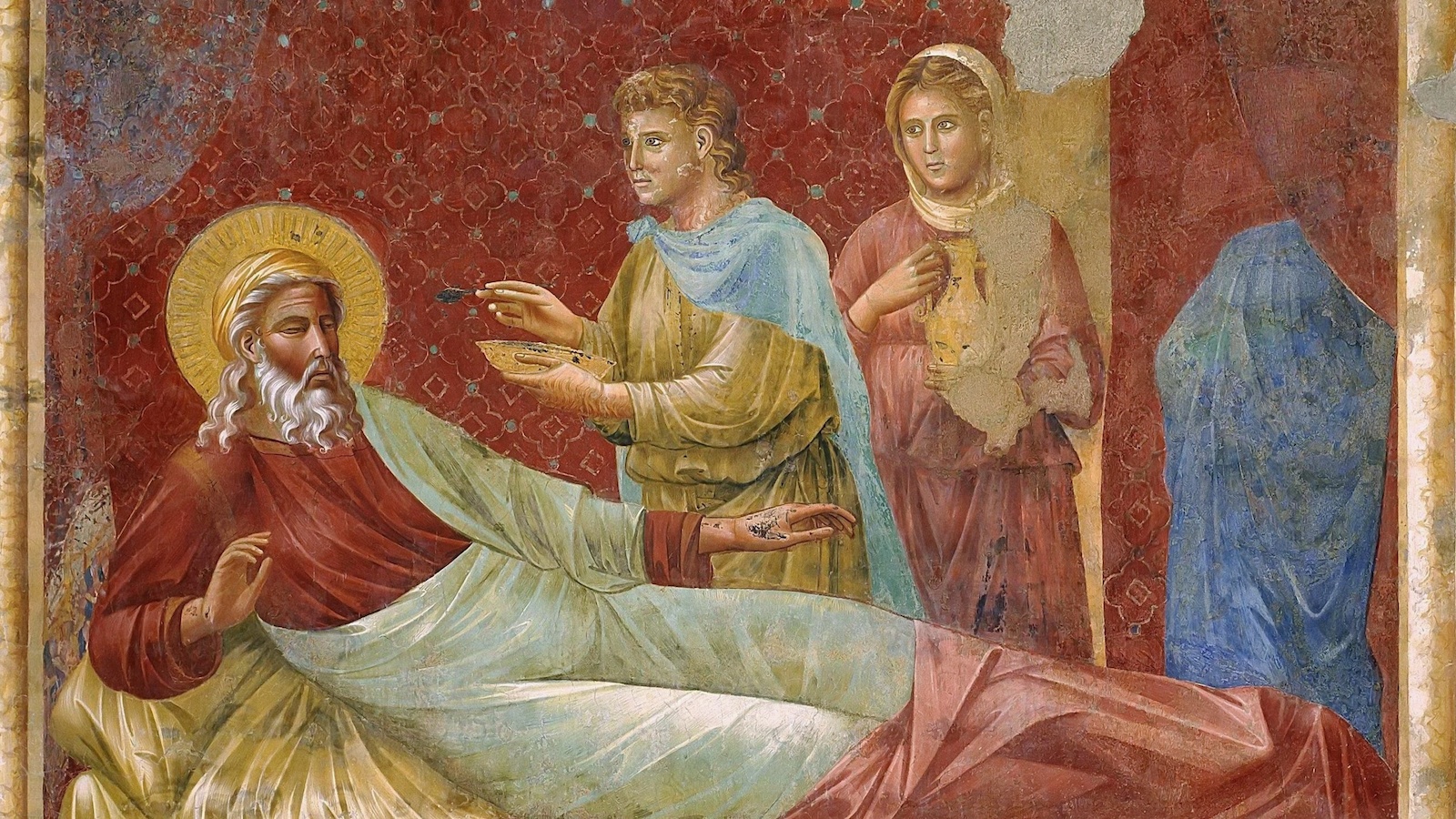Commentary on Parashat Toldot, Genesis 25:19 - 28:9
Early in Parashat Toldot we are introduced to Isaac and Rebecca’s twin sons, Esau and Jacob. As the Torah describes them, Esau and Jacob were as different from one another as brothers could be. Jacob was a Yoshev Ohelim (a dweller of tents) who enjoyed intellectual and spiritual pursuits, while Esau was an outdoorsman and a hunter enamored with the physicality of life. In rabbinic literature Jacob is the Tzadik Tamim (the guileless righteous person) and Esau the personification of wickedness. Reverberations of the enmity that came to define their relationship have been felt throughout Jewish history.
Genesis 25:27-28
“When the boys grew up, it came to pass that Esau was a man who understood hunting, a man of the field, and Jacob was a guileless man dwelling in tents. Isaac loved Esau, for he was a hunter for his mouth, but Rebecca loved Jacob.”
Your Genesis Navigator:
How could two brothers, born to the same parents and raised in the same household under the same conditions have turned out so different from each other? Why does the Torah choose to tell us that Isaac favored one son while Rebekah favored the other? Does the nature of each brother predetermine the outcome of the story?
Rabbinic tradition considers education and child-rearing to be among the most sacred of tasks. The principle that Rabbi Samson Raphael Hirsch learns from our Torah portion echoes much of the Rabbis’ attitude toward education throughout the ages:
“The striking contrast in the grandchildren of Abraham may have been due not so much to a difference in their temperaments as to a mistake in the way they were brought up. No attention was paid to their differences while they were little; both were given the same teaching and educational treatment. Had Isaac and Rebekah studied the nature of Esau and spoken to that nature, who can say how different the history of the ages may have been recorded.” [Commentary On The Torah, Genesis 25:27]
A Selection of Jewish Teachings Regarding Education
1. “Teach a child according to his own way.” [Proverbs 22:6]
2. “How is Torah taught? The teacher sits at the head of the class and the students sit around him. The teacher should not sit on a chair while his students sit on the ground. Rather, either everyone should sit on the ground or everyone should sit on chairs.” [Rambam, Laws of Talmud Torah, 4:2]
3. “If the teacher taught a concept and the students did not grasp it, he should not become upset with them and display anger. Rather, he should repeat and review the matter, even if he must do so many times.” [Rambam, Laws of Talmud Torah, 4:4]
4. “Rabbi Ishmael Ben Rabbi Yosi said: One who learns in order to teach is given the means both to learn and to teach; one who learns in order to enact is given the means to learn and to teach, to preserve and to enact.” [Pirkei Avot (Ethics of the Forebears 4, 6]
A Final Word
Later in our Torah portion, when Isaac asks Esau to hunt for him so that he [Isaac] may bless him [Esau], he says: “Take your quiver and your bow and go out into the field and hunt game for me. Prepare for me a tasty dish like I love and bring it to me so that I may eat and so that my soul may bless you before I die.” [Genesis 27:3-4]
Three verses later, when Rebecca recounts this conversation to Jacob, she has Isaac saying, “that I may bless you in the presence of God before I die.” Again, when Jacob, dressed to appear before Isaac like Esau, speaks of God, Isaac responds, “The voice is the voice of Jacob but the hands are the hands of Esau.” (Note that commentaries understand Isaac’s comment, “the voice,” as referring to Jacob’s use of the name of God.)
This student of Torah observes that Isaac and Rebecca speak of God when talking to Jacob but not when talking to Esau, and wonders: Did Isaac and Rebecca try too hard to speak to Jacob and Esau only on the plane that they thought each would be comfortable?
Perceiving Esau as “earthy,” did they neglect to speak with him about God; perceiving Jacob as “spiritual” did they neglect to teach him about the beauty of physicality, also created by God?
In their attempt to “engage” each son on his own terms, did they fail to challenge him?
Had Isaac and Rebecca challenged each of their sons to grow beyond their natural inclinations who can say how different the history of the ages may have been recorded.
Provided by Hillel’s Joseph Meyerhoff Center for Jewish Learning, which creates educational resources for Jewish organizations on college campuses.
Talmud
Pronounced: TALL-mud, Origin: Hebrew, the set of teachings and commentaries on the Torah that form the basis for Jewish law. Comprised of the Mishnah and the Gemara, it contains the opinions of thousands of rabbis from different periods in Jewish history.
Torah
Pronunced: TORE-uh, Origin: Hebrew, the Five Books of Moses.



